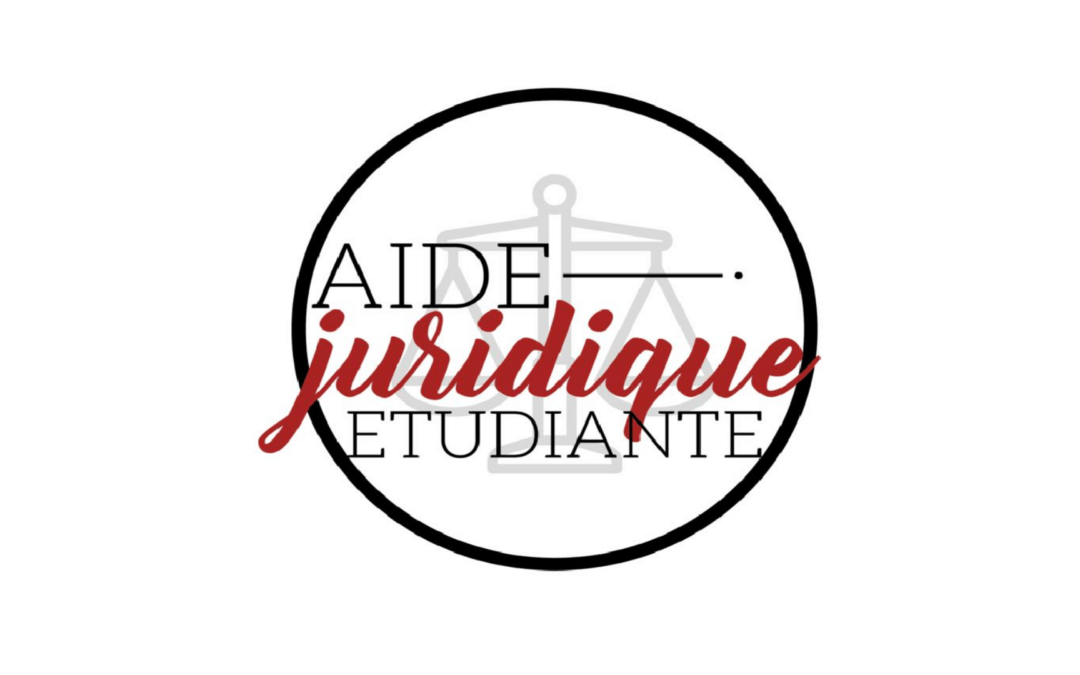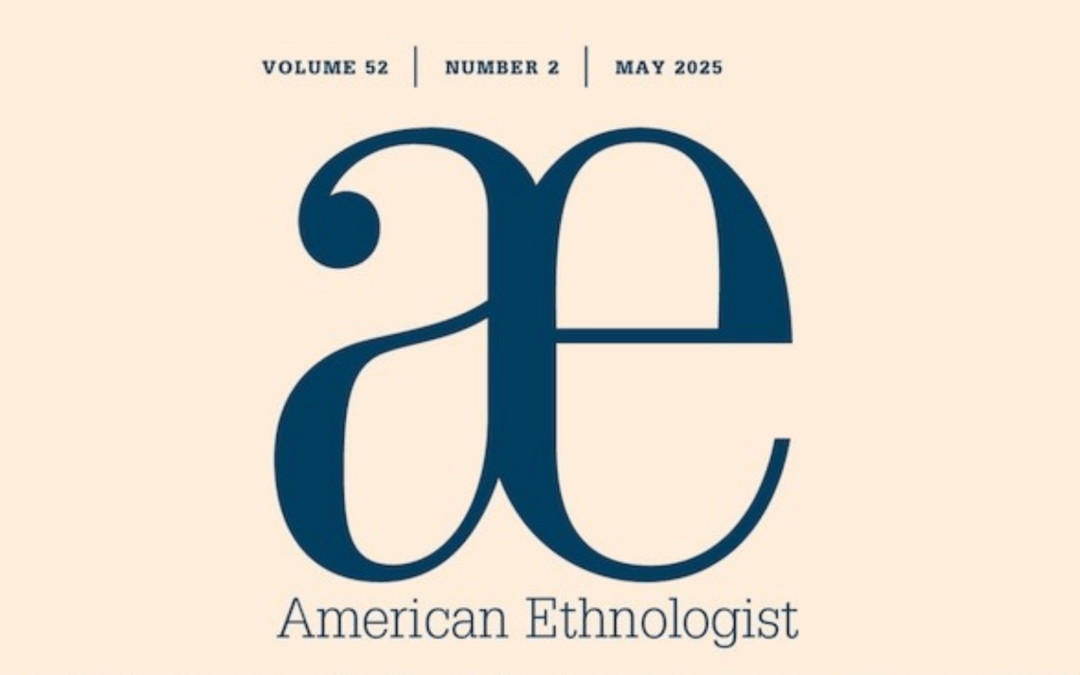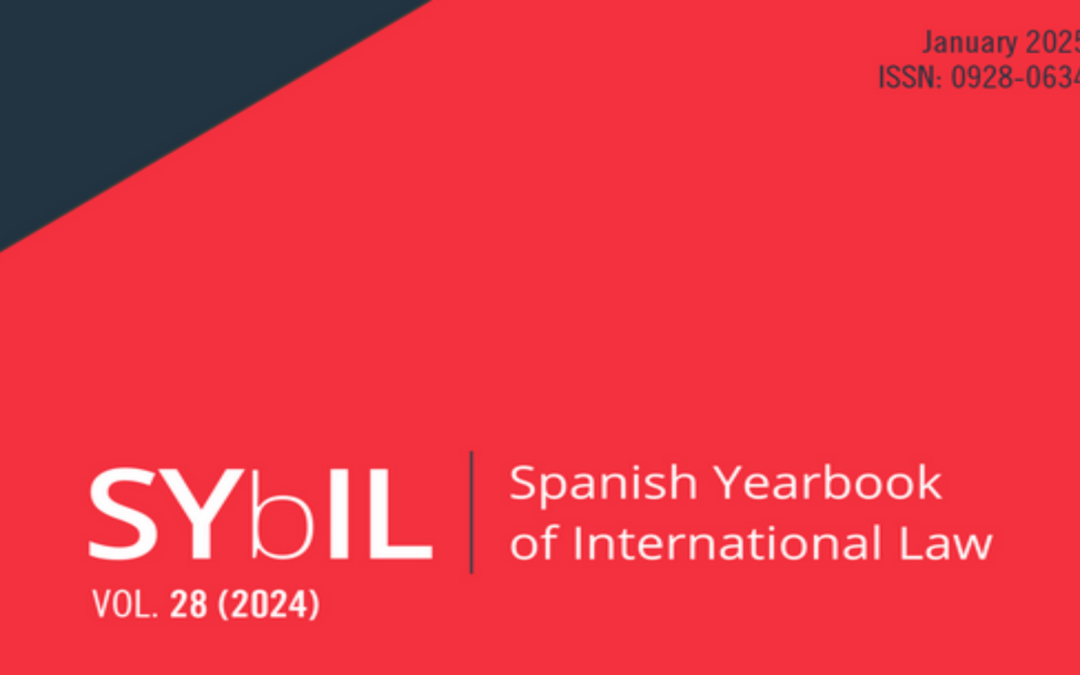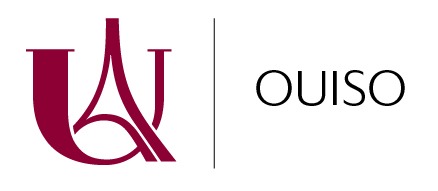Explanation request on the IRD research partnerships in Western Sahara
Paris, 17th December 2020
Mme la Présidente directrice générale de l’IRD, chère collègue,
In June 2020, our observatory published a news item on its website about the signing of research agreements between the IRD and certain Moroccan local authorities and institutions relating to research carried out in the ‘Moroccan Sahara’, according to the terminology used in IRD communication documents and in particular by the IRD’s representative office in Morocco. These research programmes were set up by various IRD joint research units (UMRs) in different fields.
As this research is in fact being conducted in Western Sahara, a non-self-governing territory of the United Nations awaiting decolonisation, partially and illegally annexed by the Moroccan state, and a territory in a state of war, we alerted the IRD representative in Morocco, Renaud Fichez, and requested a copy of these agreements. He informed us that the matter was in the hands of the IRD’s legal department… Since then, we have received no news from the IRD representative in Morocco or from the IRD’s legal department.
If these agreements confirm the use of this erroneous terminology, it would mean that the IRD openly considers this territory to be officially under Moroccan sovereignty, which would constitute a very serious violation of international law, especially since neither France nor the rest of the international community (apart from Donald Trump’s statement on 10 December last year) recognises this sovereignty.
For an institution such as yours, which claims to ‘promote an original model of equitable scientific partnership with countries in the Global South and interdisciplinary, citizen-led science,’ whose core business is development cooperation, and which has a strong presence on the African continent, such an offence and such open support for a colonisation enterprise would deeply tarnish its image among Southern countries and its partners, and more broadly the image of French diplomacy in the Maghreb and around the world.
Madam President and CEO, you will understand how shocking and unacceptable it is for researchers conducting research on this region of the world, often in contact with populations in exile due to this protracted decolonisation conflict, to see a research institution as respectable as the one you preside over trample on international law, in total disregard for the populations living in this region and their ‘development’, and in contradiction with the conflict resolution process led by the United Nations for many years.
We are convinced that you agree with the idea that scientists – including those (archaeologists, biologists, …) who do not work directly with the human populations living in this region – and the institutions to which they belong have a fundamental ethical duty towards these same populations, who have suffered too much from exile, repression and the colonisation of their land.
Madam President and CEO, we ask you today to shed light on these agreements, which were likely signed illegally and with contempt for the populations of this territory, and we hope that the IRD’s ethics committee will take up this matter independently, as these agreements constitute a very serious breach of scientific ethics.
Therefore, in accordance with Articles L. 300-1, L. 300-2, L. 311-1 and 311-9, taken together, of the Code of Relations between the Public and the Administration, we hereby request that you provide us with copies of the disputed agreements. If you refuse to do so, we will be forced to refer the matter to the Commission for Access to Administrative Documents.
We look forward to your response. Yours sincerely, Madam President and dear colleague.
The Scientific Committe of the Western Sahara International Academic Observatory: Joanna Allan (Northumbria University), Enrique Bengochea (University of Lisbon), Larosi Haidar Atik (University of Granada), Juan Carlos Gimeno Martín (Autonomous University of Madrid), Jacob Mundy (Colgate University), Raquel Ojeda (University of Granada), Carlos Ruiz Miguel (University of Santiago de Compostela).
The OUISO Steering Committee: Marjorie Beulay (University of Picardie Jules Verne), Sébastien Boulay (University of Paris-UMR CEPED, CNRS delegation at the Institute of African Worlds), Meriem Naïli (University of Exeter), Camille Tanné (University of Paris)
À lire aussi

Petition : 2 Sahrawi students unlawfully imprisoned
Press release from the Student Legal Aid Association (AJE) at Grenoble Alpes University "Free the Sahrawi students detained in Morocco! For several days now, a major social movement has been rocking Morocco. The protesters, many of whom...

“El Tribunal de Justicia de la UE se toma la auto-determinación en serio: reflexiones sobre las sentencias del 04.10.2024” (R.M. Carlos)
As the Polisario Front and Morocco are competing in a legal war through the European institutions, the Court of Justice of the European Union has finally decided to annul the trade agreements on agricultural and fishing products between...

“Sousveillance and Human Rights Activism in Moroccan-Occupied Western Sahara.”(D. Mark)
From the 1990s to 2020, human rights activism in Moroccan-occupied Western Sahara emerged through a process of familiarization before serving a new purpose: as a non-violent instrument in the broader struggle for Sahrawi...

N°28 (2024) of the Spanish Yearbook of International Law – Full version
Several articles of this paper revolve around Western Sahara : - "Morocco, occupying power of Western Sahara: some notes about Spain’s foreign legal policy, the role of the Spanish doctrine and the rule of law in international...
